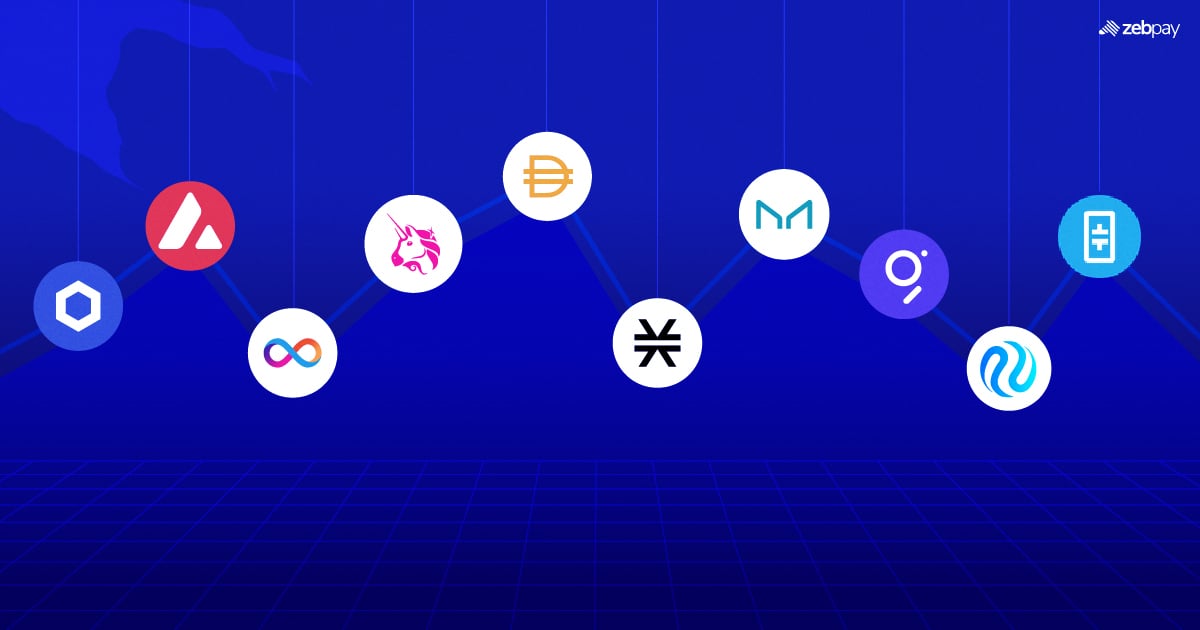Introduction:
Paternity testing has revolutionized the landscape of ancestral exploration, offering individuals a profound insight into their genetic makeup and lineage. With advancements in DNA technology, tracing one’s ancestry has become more accessible and accurate, leading to a surge in interest and participation. This article explores the impact of paternity testing on ancestral exploration, shedding light on its significance, benefits, and implications.
Understanding Paternity Testing:
Paternity testing also referred to as DNA tests, analyze an individual’s DNA to provide information about their ancestry, health predispositions, and genetic traits. These tests have become increasingly accessible and affordable, empowering individuals to delve into their genetic makeup with unprecedented ease. Among the myriad applications of genetic test, paternity testing emerges as a cornerstone in unraveling familial connections and lineage.
The Evolution of Ancestral Exploration:
Traditionally, tracing one’s ancestry involved archival research, historical records, and oral traditions, often limited by incomplete or inaccurate information. However, the advent of DNA testing has transformed this process, offering a direct link to one’s genetic heritage. Companies like 23andMe, AncestryDNA, and MyHeritageDNA provide affordable and accessible DNA testing kits, allowing individuals to uncover their ancestral origins with a simple saliva sample.
The Impact on Personal Identity:
Paternity testing has profound implications for personal identity, as it reveals previously unknown genetic connections and heritage. For adoptees, it offers a means to uncover biological relatives and understand their roots. Similarly, individuals with fragmented family histories can gain clarity and a sense of belonging through genetic ancestry testing. Discovering one’s genetic lineage can foster a deeper appreciation for cultural heritage and familial ties.
Uncovering Hidden Histories:
One of the most significant impacts of paternity testing is its ability to unveil hidden or suppressed family histories. Secrets such as undisclosed adoptions, extramarital affairs, and unknown paternity can be brought to light, challenging existing narratives and perceptions. While this revelation can be emotionally complex, it provides an opportunity for healing, reconciliation, and a more authentic understanding of one’s family dynamics.
Building Global Connections:
DNA testing transcends geographic boundaries, enabling individuals to connect with relatives across the globe. Through online databases and genetic matching algorithms, test-takers can discover distant cousins, explore shared ancestry, and reconstruct family trees spanning continents. This interconnectedness fosters a sense of global kinship and promotes cross-cultural exchange, enriching the tapestry of human diversity.
Preserving Cultural Heritage:
Paternity testing plays a crucial role in preserving and celebrating cultural heritage. By mapping genetic migrations and ancestral origins, it highlights the interconnectedness of human populations and the rich diversity of ethnicities and cultures. For indigenous communities, DNA testing can validate oral traditions, reclaim ancestral lands, and strengthen cultural identity in the face of historical marginalization and displacement.
Addressing Ethical Considerations:
While paternity testing offers invaluable insights, it also raises ethical considerations regarding privacy, consent, and the potential for unexpected revelations. Test-takers must weigh the benefits of uncovering genetic information against the risks of exposing sensitive family secrets or inadvertently impacting relationships. Ethical guidelines and informed consent protocols are essential to safeguarding the rights and dignity of individuals involved in DNA testing.
FAQs:
How accurate are paternity tests?
Modern paternity tests are highly accurate, with a probability of paternity typically exceeding 99.9% when the alleged father is the biological parent.
Can paternity testing determine ancestry?
While paternity tests focus on identifying biological relationships between individuals, they can also provide insights into broader ancestry through genetic markers and ethnicity estimates.
Is paternity testing confidential?
Most reputable DNA testing companies prioritize user privacy and data security, ensuring that genetic information remains confidential and is only shared with consent.
What if the results of a paternity test are unexpected or challenging?
Counseling services and support resources are available to individuals grappling with unexpected paternity test results, offering guidance, empathy, and emotional assistance during the process of understanding and accepting newfound genetic information.
Conclusion:
Paternity testing has emerged as a powerful tool for ancestral exploration, offering individuals a window into their genetic past and heritage. By unraveling familial connections, uncovering hidden histories, and fostering global connections, DNA testing enriches our understanding of human diversity and shared ancestry. However, it is essential to navigate the ethical considerations with care, ensuring that the benefits of paternity testing are balanced with respect for individual privacy and dignity. Ultimately, the impact of paternity testing on ancestral exploration continues to shape our understanding of identity, heritage, and the interconnectedness of humanity.









